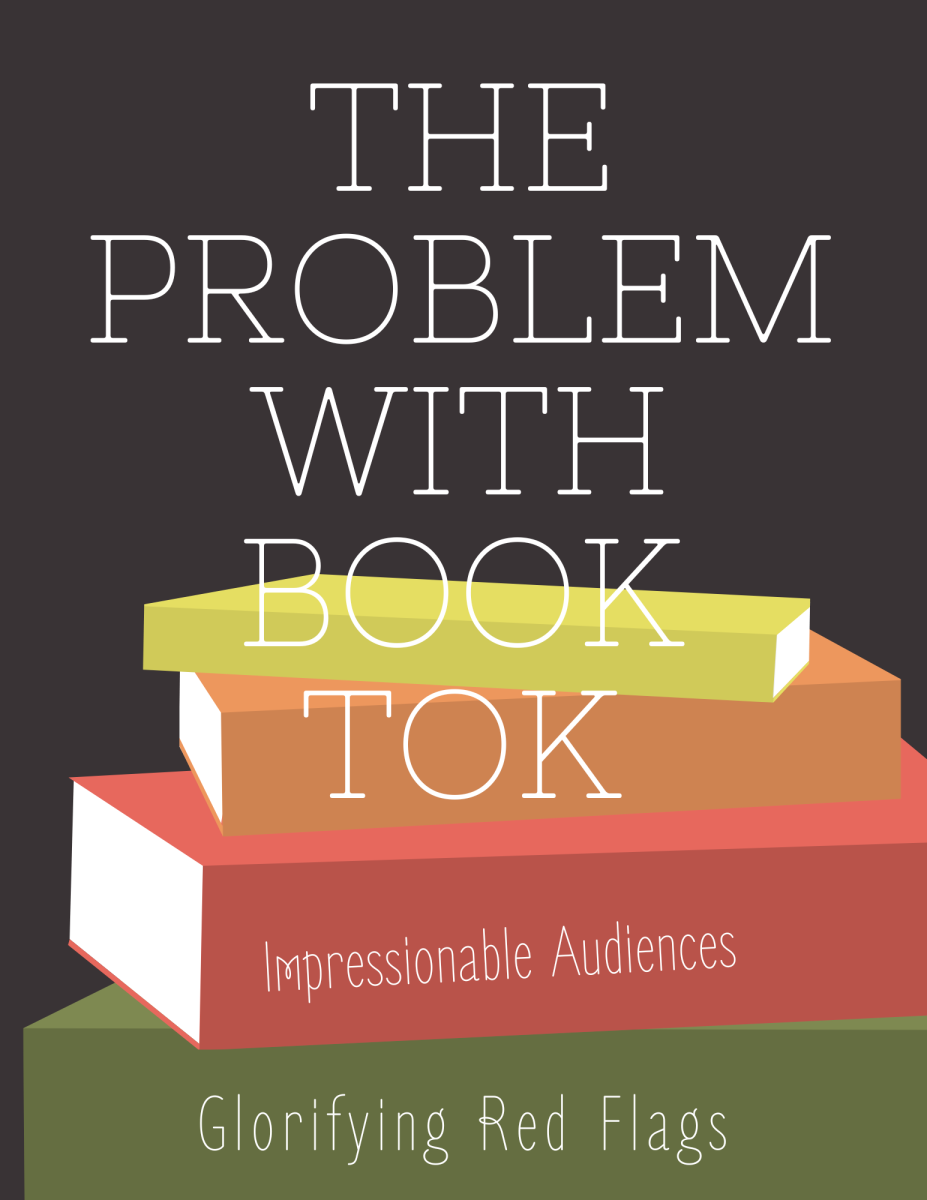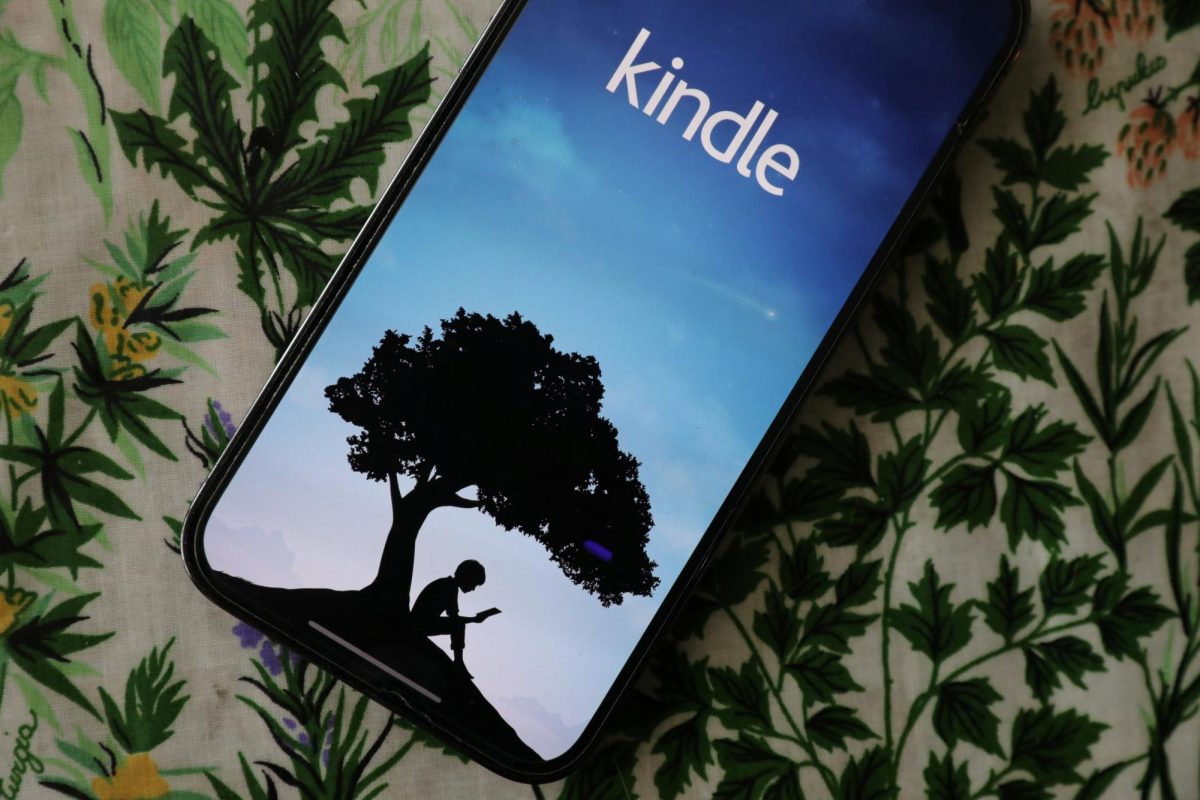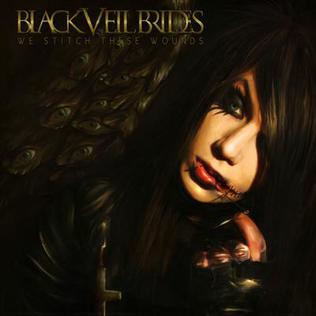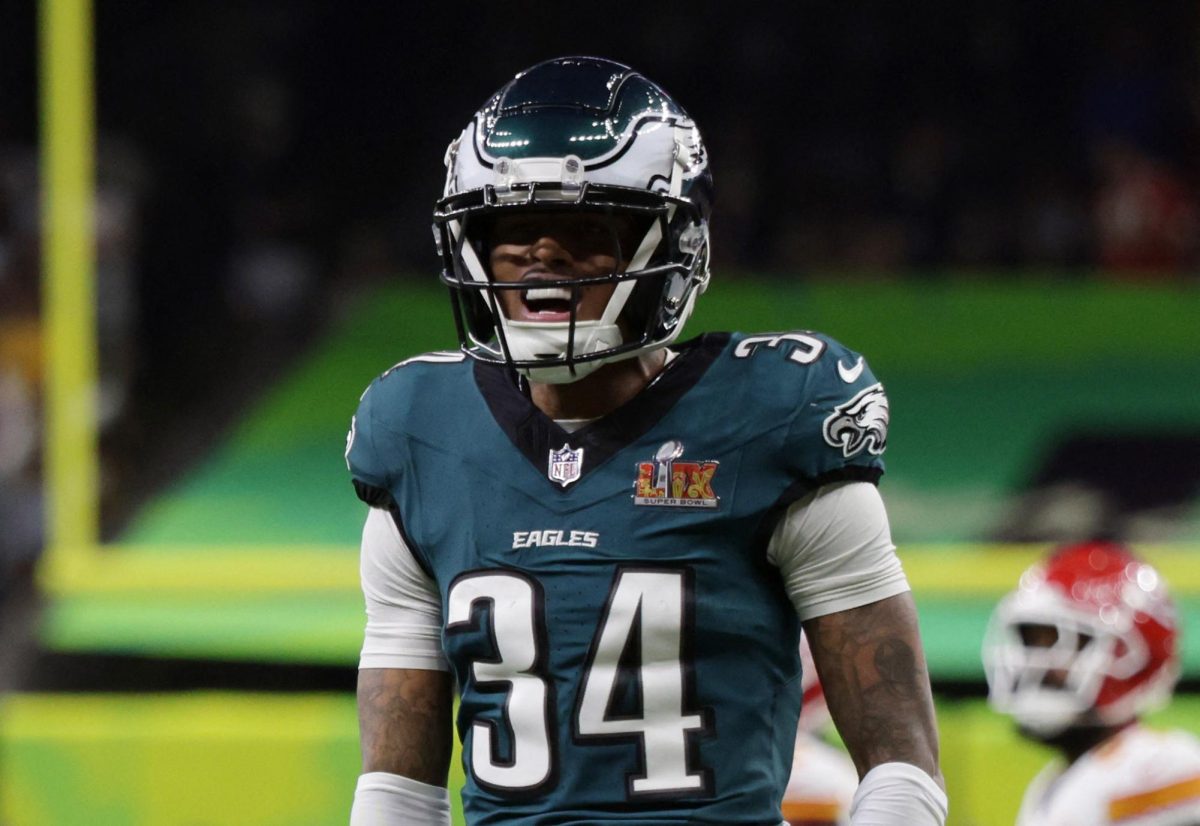The popular social media platform, TikTok, has taken over nearly all aspects of entertainment. While it was originally more singing and dancing content, it has gradually transformed to showcasing “all of the above.” From comedy to drama, daily vlogs to fast facts, TikTok has hijacked just about any interest a person may have. And that includes books.
The side of TikTok centered around all things reading is aptly labeled “BookTok” and brings in millions of participants to discuss, review and theorize books, trends, authors and anything else vaguely in the realm of literature. The tell-tale “#BookTok” can be seen below thousands of videos, and for good reason. The “BookTok” community offers a place where readers of all preferences can interact and connect. Getting book recommendations has never been easier, and it’s brought more people into the reading community as a whole.
But, while all this is true, does the bad of BookTok outweigh the good?
TikTok itself has a target audience ranging from young teens to adults, an aspect it obviously shares with BookTok. To match this age demographic, the majority of books on BookTok should be YA (young adult). Unfortunately, that isn’t the case. Many of the books showcased on the app are intended for adults (those 18 or older), as they contain mature themes and events. A good example of this is the Colleen Hoover epidemic that took over the community (and is still lingering today).
Hoover primarily gained popularity from her book, “It Ends with Us”, an adult romance that follows a woman amid an abusive relationship who reconnects with a lost love. Now, Hoover should not be reprimanded for writing this story, as it is based on her mother and father’s relationship, and there is nothing inherently wrong with writing about these topics. What is wrong is when these serious issues (ex. verbal, physical, sexual and mental abuse) are watered down or even glorified.
This article is not intended to discuss the questionable decisions made by Colleen Hoover or any other popular author on BookTok, but rather the actions of those talking about them. For those who aren’t familiar with TikTok, the app allows users to upload videos that are 10 minutes max in length, but it is much more common to see videos much shorter than that (around a minute long). It’s this format that causes many of the problems with BookTok.
It can be difficult to fit a review into three minutes, whether it is a book or not. But especially if the thing in question deals with such heavy topics. This leads to many BookTok creators glossing over these parts of the books, not necessarily on purpose, but merely because they don’t have enough time to properly discuss the matter.
And this only causes more problems down the line. They don’t have enough time to discuss the issues, much less warn sensitive viewers about them. This allows impressionable teens and young adults to be exposed to things like abuse and assault, seemingly out of nowhere. Which is jarring for anyone, but particularly for those who have no prior knowledge on the subject.
Many avid BookTok viewers may get the impression that these kinds of relationships are common and normal and that the objectification of women by men is something desirable. The male characters in many of these romances are often morally gray or downright disgusting, but they are shown in a light that turns their negative traits into something to be charmed by. This is already a common trope in the media (not just in books) and it isn’t always a bad thing. When it is done well, it can make a likable, realistic and iconic character. Unfortunately, it is much more difficult to do correctly in the romance genre. This is because in romance the writers tend to mask these warning signs and red flags as attractive behavior.
It isn’t uncommon to see the male love interest in these BookTok books express intense possessiveness over the main character. Neither is it uncommon to witness manipulative relationships between two characters who are labeled to people as being a “power couple”, or for that couple to solve their problems with anything but healthy communication. In all, these adult romances that have been popularized by TikTok glorify toxic relationships and water down serious issues present in society.
While BookTok has united readers from all over the world, of all different backgrounds, preferences and ages, it is TikTok’s responsibility to ensure that this network of people is safe and ethical. What that may look like no one can say for certain, but hopefully it will start with appropriate age restrictions and trigger warnings being placed on the content.









